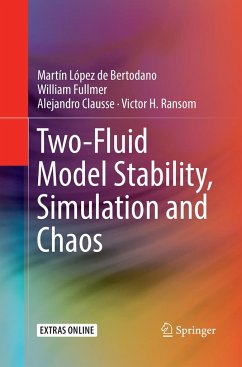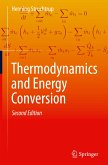This book addresses the linear and nonlinear two-phase stability of the one-dimensional Two-Fluid Model (TFM) material waves and the numerical methods used to solve it. The TFM fluid dynamic stability is a problem that remains open since its inception more than forty years ago. The difficulty is formidable because it involves the combined challenges of two-phase topological structure and turbulence, both nonlinear phenomena. The one dimensional approach permits the separation of the former from the latter.The authors first analyze the kinematic and Kelvin-Helmholtz instabilities with the simplified one-dimensional Fixed-Flux Model (FFM). They then analyze the density wave instability with the well-known Drift-Flux Model. They demonstrate that the Fixed-Flux and Drift-Flux assumptions are two complementary TFM simplifications that address two-phase local and global linear instabilities separately. Furthermore, they demonstrate with a well-posed FFM and a DFM two cases ofnonlinear two-phase behavior that are chaotic and Lyapunov stable. On the practical side, they also assess the regularization of an ill-posed one-dimensional TFM industrial code. Furthermore, the one-dimensional stability analyses are applied to obtain well-posed CFD TFMs that are either stable (RANS) or Lyapunov stable (URANS), with the focus on numerical convergence.








